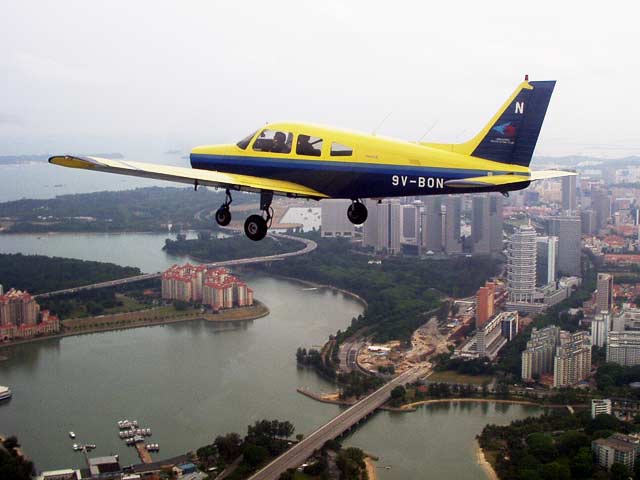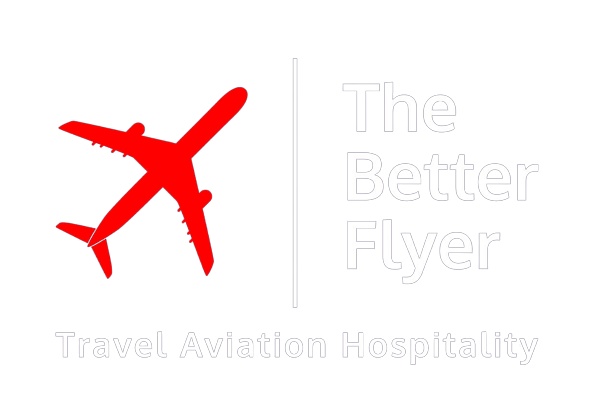
Question for Paul McBride, the General Aviation News engines expert: I have a 1978 Warrior with an O-320 Lycoming engine.
I try very hard to fly it every two weeks, but winter weather has kept me on the ground for about five weeks.
The engine has an oil pan heater and is covered and cowl plugs are installed. The aircraft is hangared.
At the end of your column “Should I pre-oil these Lycoming engines?” you said do not turn the prop by hand. What is the harm in this action?
I have been doing this on my plane, as well as flight school airplanes, after being advised years ago that it helps to get the oil to the cylinders.
Thank you for your advice.
Mike Holmberg
Paul’s Answer: Mike, thanks for submitting your question. I would guess that you’re not the only person who would like to learn more about this subject.
First of all, I’d like to congratulate you on the fact that you make every attempt to fly your 1978 Piper Warrior at least every two weeks. There is no doubt that this is the best thing you can do for your aircraft and its engine. It appears that from the information you provided that you make every attempt to do what is best and it appears to be working out for you.
The reason I advise people not to turn the prop when the aircraft is idle is because we know that when the engine was last shut down, there was some residual oil left on the cylinder walls.
The thinking is that if the prop is turned, there is the potential for the piston rings to scrub that small amount of oil off the cylinder walls, allowing outside air into any cylinder that may have had both valves closed.
With the valves now open, there is a chance of air entering the cylinder that has less oil film, as a result of moving the prop, which may in turn allow corrosion to begin.
While most people may shake their head at this statement, it’s important to factor in the geographical location of the aircraft and the environment that the aircraft resides in.
If you live in a northern climate vs. a southern climate where salt air and high humidity is common, you can imagine this may not be too much of a concern because the air is colder, but it’s more than likely that it’s drier as well.
Now that you have my thoughts, I’ll let you decide what approach you’ll take in the future.
Again, I commend you for the way you have been looking after your aircraft and wish you all the best in the future.

